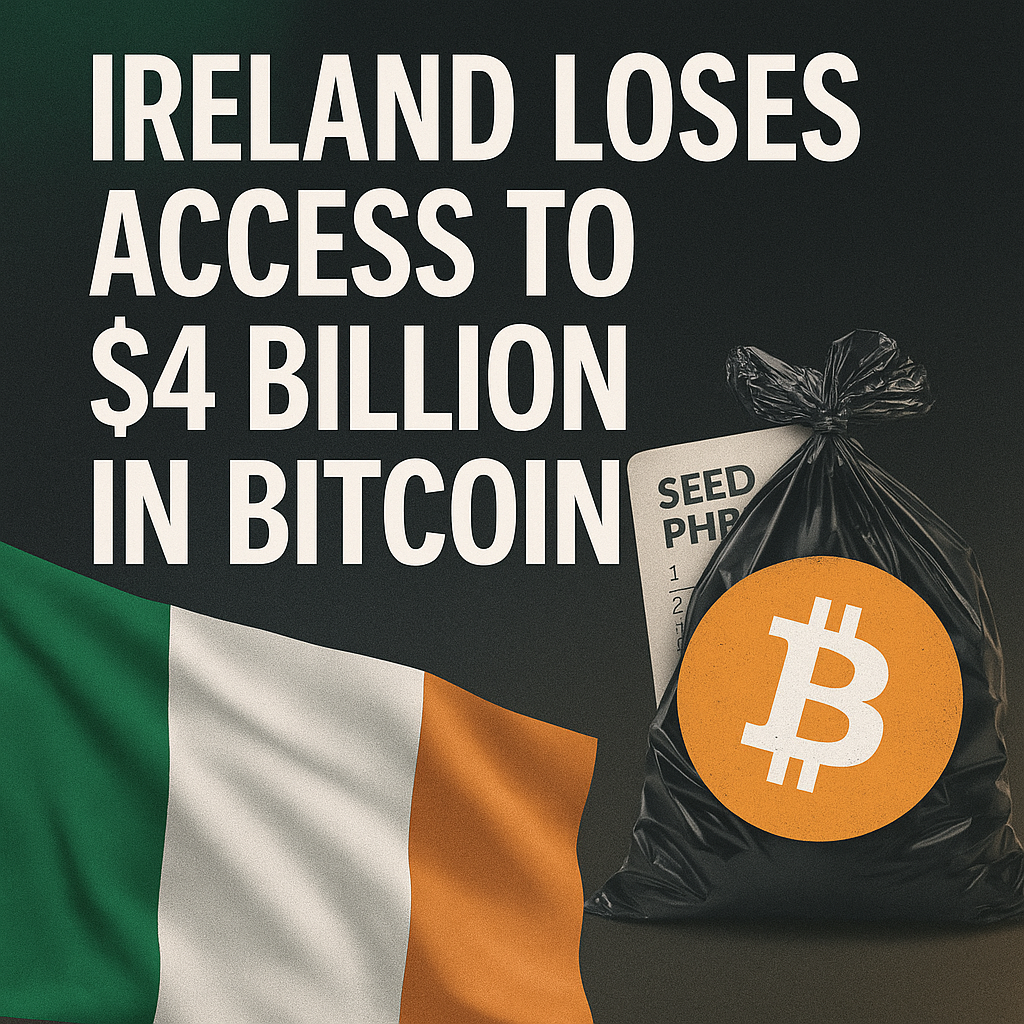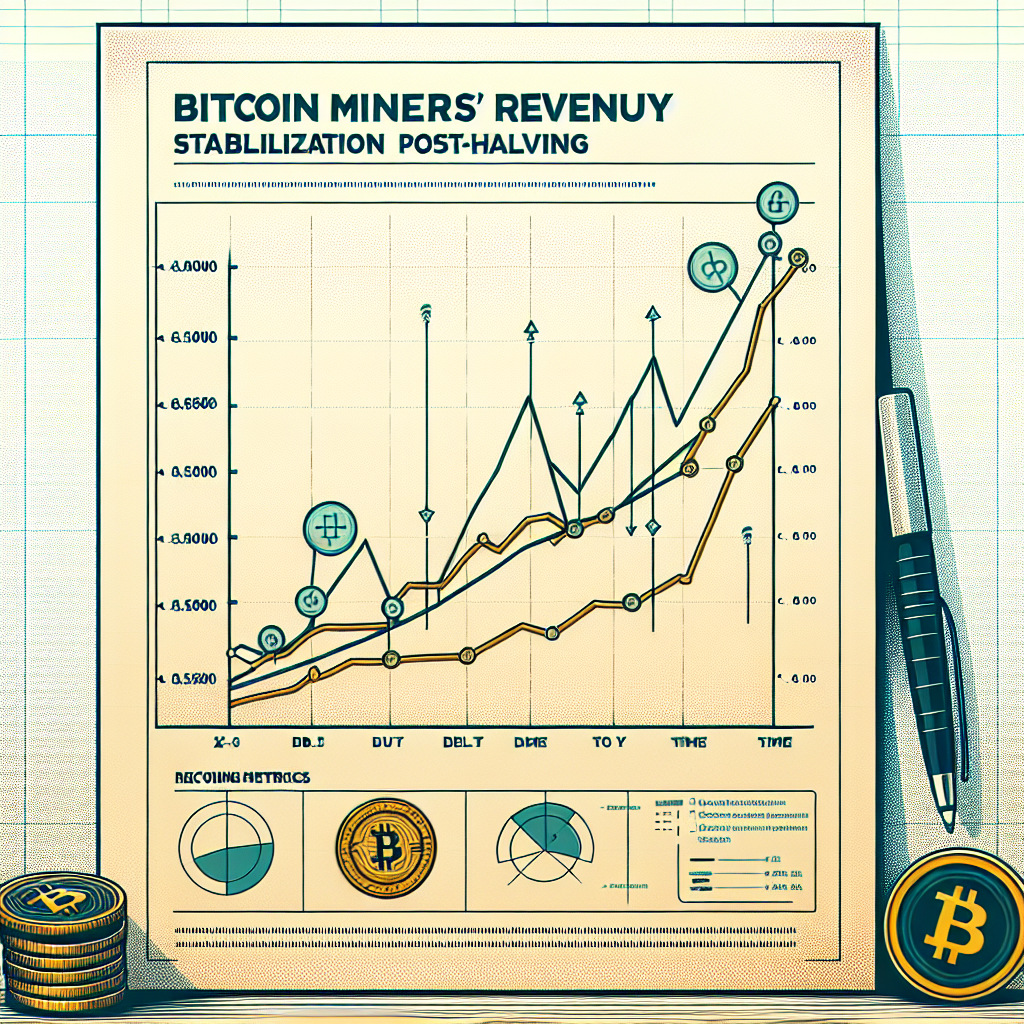
In a bizarre but deeply revealing moment in crypto history, Ireland’s Criminal Assets Bureau (CAB) has confirmed it is unable to access over $4 billion worth of Bitcoin seized from a drug dealer in 2019—because the private keys were accidentally thrown away.
12 Wallets, Zero Access
Back in 2019, Irish authorities arrested Clifton Collins, a former security guard turned dark web drug trafficker. In one of Europe’s biggest Bitcoin seizures at the time, the government confiscated over 6,000 BTC, then worth roughly $56 million.
Collins had reportedly split the coins across 12 separate wallets and stored the seed phrases on a sheet of A4 paper hidden in a fishing rod case at his rented property.
When Collins was arrested, the property owner cleared out the house—along with the rod case and the critical seed phrase. Gone. Irretrievable.
The Cost of Misunderstanding Crypto
This isn’t just an unfortunate accident. It’s a cautionary tale.
Governments around the world are moving into the crypto space—some to regulate, others to accumulate. But stories like this show that even the most powerful institutions are vulnerable to basic crypto mistakes.
- No key = no coin. That’s not just a slogan. It’s reality.
- Digital gold is fragile. One lost seed phrase = billions lost forever.
- Custody is everything. Whether you’re a whale or a government, how you store matters more than what you own.
Institutional Incompetence or a Learning Moment?
The Irish government claims they have learned from the incident. But in the meantime, 6,000 BTC sits locked in limbo—public property the public can never touch.
This should serve as a wake-up call for every country now building crypto treasuries. From Wyoming’s WYST to Trump’s Fort Knox fantasy, digital asset custody must come first.
Final Thoughts
Crypto doesn’t forgive ignorance.
The blockchain remembers everything—but it won’t remember your password.
In a world where governments are rushing into digital finance, Ireland just paid the tuition fee for a lesson we all need to learn: control is an illusion if you don’t control the keys.
And sometimes, that illusion costs $4 billion.




